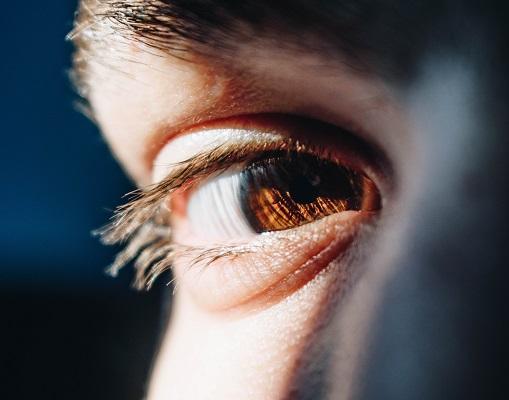Infection
SARS-CoV-2 infections may trigger islet autoantibodies in kids at risk for diabetes
Eleven of 100 mpox patients also had eye-related conditions such as conjunctivitis and eyelid lesions, researchers at a single center in Mexico report.
The observational study took place at an HIV clinic in Mexico City from September to December 2022. The researchers reported the results late last week in The Journal of Infectious Diseases.
The cases were part of a global mpox outbreak that began in May 2022. Median patient age was 34 years, 90.9% were men, and 9 had HIV, 6 of whom were receiving antiretroviral therapy.
Routine ocular exam recommended in severe cases
All patients had classic mpox lesions, most often on the trunk (81.8%), anogenital area (72.7%), arms or legs (72.7%), face (72.7%), and palms and soles (45.4%). The most common systemic symptoms were fever (72.7%), muscle pain (72.7%), weakness (63.6%), swollen lymph nodes (63.6%), and headache (45.4%).
The most common findings in the 11 patients with ocular conditions were follicular conjunctivitis (“pink eye”; 6 patients), eyelid lesions (6), episcleritis (inflammation of the clear tissue layer covering the white parts of the eye; 1), and keratitis (inflammation of the cornea; 1).
The eye conditions resolved within 1 month in all but the keratitis patient, who improved after treatment with topical interferon alfa-2b (the antiviral drugs recommended for severe mpox aren’t available in Mexico).
There may be cases with severe ocular affection and with a permanent vision impairment, even in immunocompetent people.
The researchers noted that the 11% rate of ocular manifestations is higher than those reported in previous studies, probably because they included an ocular assessment in the initial physical exam, and an ophthalmologic exam was performed for all patients with moderate to severe skin lesions.
While most patients with ocular manifestations had HIV, the patient with keratitis did not, “which could reflect that severe ocular involvement is not exclusive to people with immunosuppression,” the authors wrote.
“There may be cases with severe ocular affection and with a permanent vision impairment, even in immunocompetent people,” they concluded. “We suggest that besides those with ocular symptoms, in moderate and severe mpox disease an ophthalmological evaluation should be performed.”

